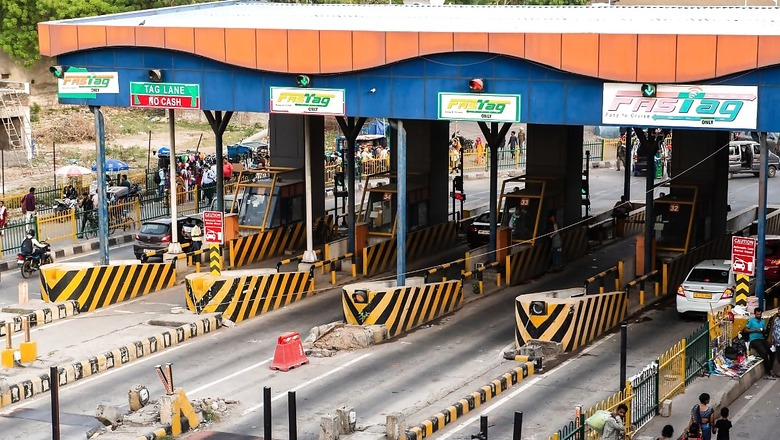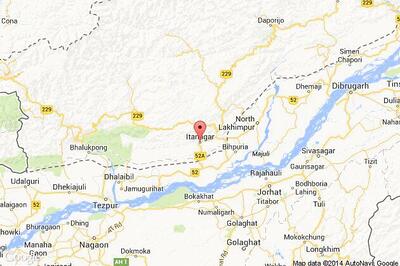
views
To revive the build-operate-transfer (BOT) contract mode in road construction, the ministry of road transport and highways (MoRTH) has proposed modifications in the model concession agreement (MCA) to address concerns and remove obstacles highlighted by stakeholders.
The proposed modifications include various provisions to eliminate discrepancies such as the determination of payments, modifications in the concession period based on actual traffic vs tolling groups of vehicles, and actual traffic exceeding design capacity to be revisited.
The proposal also includes compensation for delays on the part of authority as well as force-majeure cause to be clearly defined termination payments before project completion with a new provision of buyback in case of additional tollway/competing road.
BOT projects are considered financially risky for builders and developers. In this mode, private investors take the risk of financing, building, and operating highway projects over a concession period of two to three decades. The builder gets the money through tolls.
At present, projects are being awarded on engineering procurement construction (EPC) or hybrid annuity model (HAM) due to various challenges in the implementation of BOT projects.
Many initiatives have been taken for the revival of BOT projects and various schemes like harmonious substitution, one-time fund infusion, rationalised compensation, premium deferment, and allowing refinancing have been adopted in the past.
Going forward, 53 BOT projects for a length of 5,200 km worth Rs 2 lakh crore have been identified. Bids for seven projects with a length of 387 km worth Rs 27,000 crore have been invited.
On Wednesday, the ministry organised a conference to encourage public-private partnership through BOT projects and to foster ease of doing business.
The conference, inaugurated by union minister Nitin Gadkari, was attended by industry stakeholders and experts.
The NHAI shared the proposed modifications in the MCA.
As per the union government’s ‘Vision 2047’, a large number of high-speed corridors are envisaged to be developed and for that, a robust public-private partnership (PPP) in the development of the road sector will play a pivotal role.




















Comments
0 comment